INTRODUCTION
Lariago Suspension is an anti-parasitic medicine. It is given to prevent and treat malaria caused by a mosquito bite. Additionally, it may also be used to treat bowel infections in children that are caused by another type of parasite (amoeba).
Give Lariago Suspension to your child by mouth, preferably after meals to prevent an upset stomach. Do not give antacids within 4 hours of taking this medicine as they may interfere with the absorption of the medicine. Lariago Suspension can be slightly bitter. You can mix it with fruit juices to mask the bitterness. If your child vomits soon after taking Lariago Suspension, help the child calm down and repeat the same dose after half an hour. However, skip the dose if it’s time for the next dose. Do not double up the dose to catch up for the missed one.
Give it as per the dose, time, and way prescribed by the doctor as that is based on factors such as your child’s weight, age, clinical condition, and treatment response. Lariago Suspension may be given in higher doses for the initial one or two days followed by low doses in subsequent days. Strictly follow the dosing schedule prescribed by your child’s doctor as prolonged use of Lariago Suspension can cause serious side effects in your child.
Lariago Suspension may cause side effects such as headache, nausea, loss of appetite, diarrhea, upset stomach, stomach pain, rash, itching, hair loss, or increased sensitivity to light. These are usually temporary. However, if these persist, seek your doctor’s help.
Let the doctor know about your child’s complete medical history including history of any allergies and ongoing medicine regimen. The doctor must be informed about any previous complications related to liver, kidney, brain, heart, muscle weakness, genetic problems, blood cell abnormalities, or ear and eye problems. This information plays a critical role in planning your child’s overall treatment.


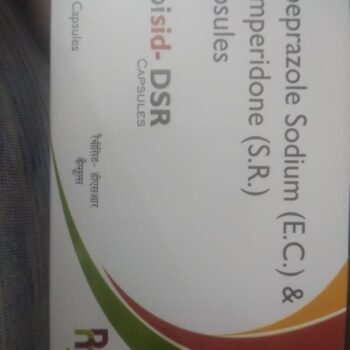

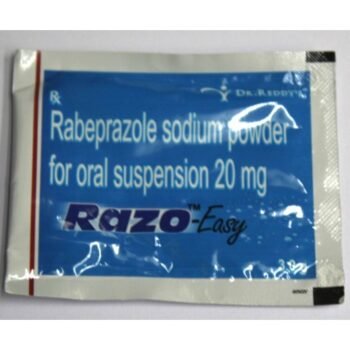

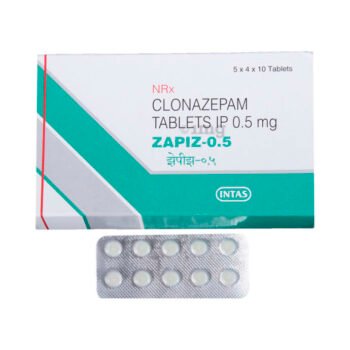
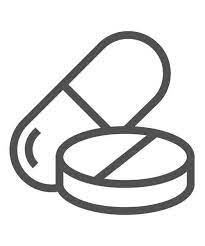
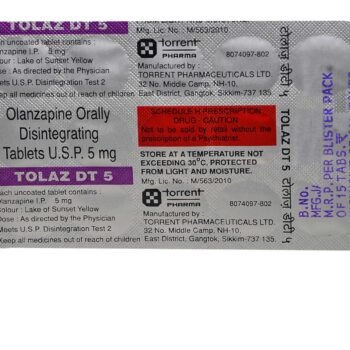


Reviews
There are no reviews yet.